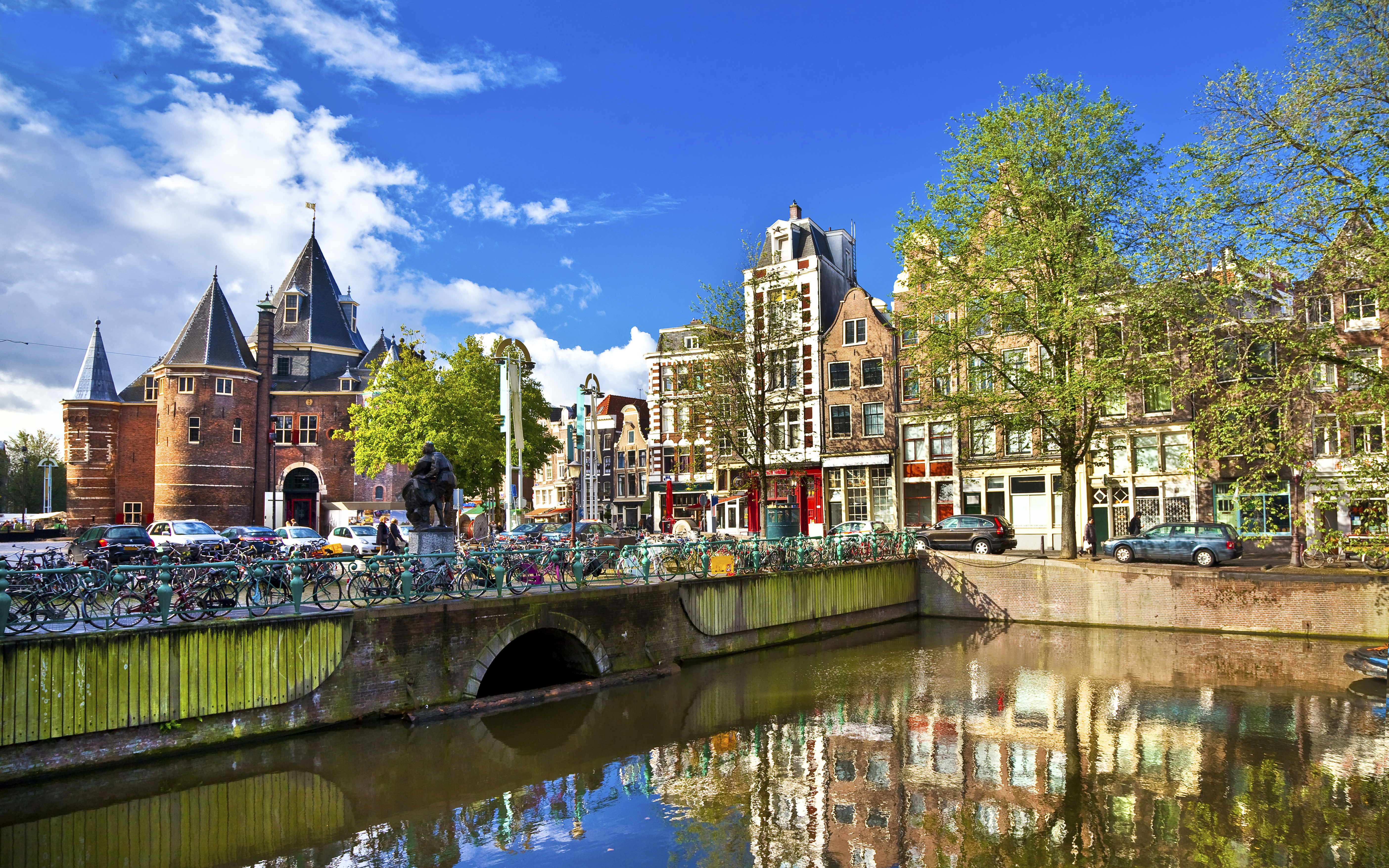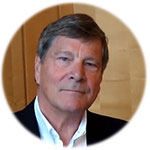
I was recently in Amsterdam for a meeting of the Board of the Association to Advance Collegiate Schools of Business (AACSB) and squeezed in a few museum visits and tours.
The Rijksmuseum and the Van Gogh museum stood out; visually stunning, historically compelling, and remarkably revealing. I remembered bits of European history, but the museums brought the pieces together in a compelling way.
Five hundred years ago, Holland emerged as the dominant world mercantile power, launching the Dutch East Indies and Dutch West Indies Companies. These were forerunners of the global, multinational companies that drive today’s trade. Their success was built on a rule of law that enabled contracts creating large entrepreneurial commercial ventures. They needed strong accounting and record keeping professionals, and an even stronger navy that protected the traders.
They dominated for hundreds of years. Classic religious conflicts played out with the Eighty Years’ War splitting the Catholic southern part, now called Belgium, from the Protestant northern part, now officially known as the Netherlands. Eighty years is a long war, and the desecration of religious artifacts and sites by both parties reminds us that the current struggles of Shiites and Sunnis or Israelis and Palestinians are just the latest manifestations of violence reflecting “us versus them,” conflicts over religious ideals and tribal warfare.
Holland managed to remain neutral during World War I, but was invaded and lost some 75 percent of its Jewish population during the occupation and genocide of the Second World War. But for all of the classic attention to wars, commerce, rulers and government captured in the museums of the city, the most compelling moments for me were about the flow of art and culture and the triumph of people and technology.
The Van Gogh museum is one of the most compelling I have visited. The breadth of his artwork, compressed as it was into little more than a decade, is stunning. The museum focused on his life, as well as his art. Van Gogh set out to be a painter and did so methodically. He sketched and drew, incessantly, before turning to paint. He moved his home so that he could study with the best. As he became one of the best, he sought the company of others at the top of the dynamic art scene, notably Paul Gauguin. When we talk today about how it takes 10,000 hours to master a skill, Van Gogh is a reminder that 10,000 hours translates to five years if measured in leisurely 40-hour work weeks, but takes much less time when the effort possesses us, day and night.
Rembrandt was another heavily represented artist in the museums, and his story illustrates another example of the art and the times. Rembrandt was amazingly prolific, in part because he had a huge production staff. The staff prepared pigments and paints, primed canvases and often painted the background, leaving it to the “artist” to provide the featured elements in the work.
At the time, paintings were central to cultural life. The wealthy and even the middle class sought art, commissioned art, and hung art in their homes. In that day, when an important artist produced a work, it might be reviewed. In response to the review, the artist might revise the piece. Sounds a bit like touring a play in the modern day and revising it for Broadway with another round of minor revisions in previews. For example, in one 18th century painting, in the Rijksmuseum, the original version was revised to change the central female figure from a lower class woman to an aristocrat with a lace face-covering. All this was at the suggestion of a reviewer.
The notion of the struggling artist was true even then. Neither Van Gogh nor Rembrandt was wealthy when he died. And, as today, cost was a factor in art. When a benefactor commissioned a work, the size of the commission would affect the size of the piece, as well as the brilliance of the color. It seems that pigments were expensive, and the richest, deepest colors with stability and longevity were the most expensive of all. So you choose: bright lasting colors or slightly grayer but cheaper paintings.
The museums are about more than art and provide interesting insights into the people and their times. The Dutch culture is a progressive one. While they transported and sold slaves as part of the Dutch West Indies effort, they were early to outlaw slavery in the early 1800s. They are noted for open laws regarding marijuana and prostitution. But their public presentation of these policies focuses on the substantial, peaceful debate around their efficacy and a sense that both policies embrace the lesser evil. Decriminalizing marijuana is defended in part as a way to underscore and penalize hard drugs such as heroin. With prostitution the logic is less clear, but the practice is geographically isolated and taxed. The notion seems to be that bringing it “above ground” lessens the risk to the sex workers and raises money for the public coffers that would otherwise go to organized crime. Some of these debates are underway in the USA today.
The museums reminded me of the extraordinary technological revolution that occurred in the 1800s and since. The period 1500 through 1800 was quiet by comparison. In 200 years, we have gone from horse-drawn carriages to railroads, steamboats, automobiles, airplanes and spaceships. We added electric lighting, Morse code, the telephone, radio, TV, and the internet.
Amsterdam was not on my “bucket list.” After being there I realize my bucket list is not as well informed as it should be. Go. Eat. Enjoy. But watch out for bicycles, they are everywhere and their merging with cars, buses, pedestrians and trolley cars is a dance to behold. I still do not fully understand how they control being 5 meters below sea level and managing a city that seems to have almost as many miles of canals as roads. I am sure New Orleans is studying their success. The ultimate take-away is the realization that art is a lens for viewing history and that museums are windows of discovery.

John A. Elliott
Dean, UConn School of Business
John A. Elliott is dean of the UConn School of Business, as well as the Auran J. Fox Chair in Business. John is a certified public accountant with professional experience as an auditor and consultant. His research is concentrated on the role of accounting information in financial analysis and contracts. When not attending his son’s athletic events or visiting his daughter and her family, John and his wife, Laura enjoy travel. John is also an avid fan of the UConn men’s and women’s basketball teams. View Posts